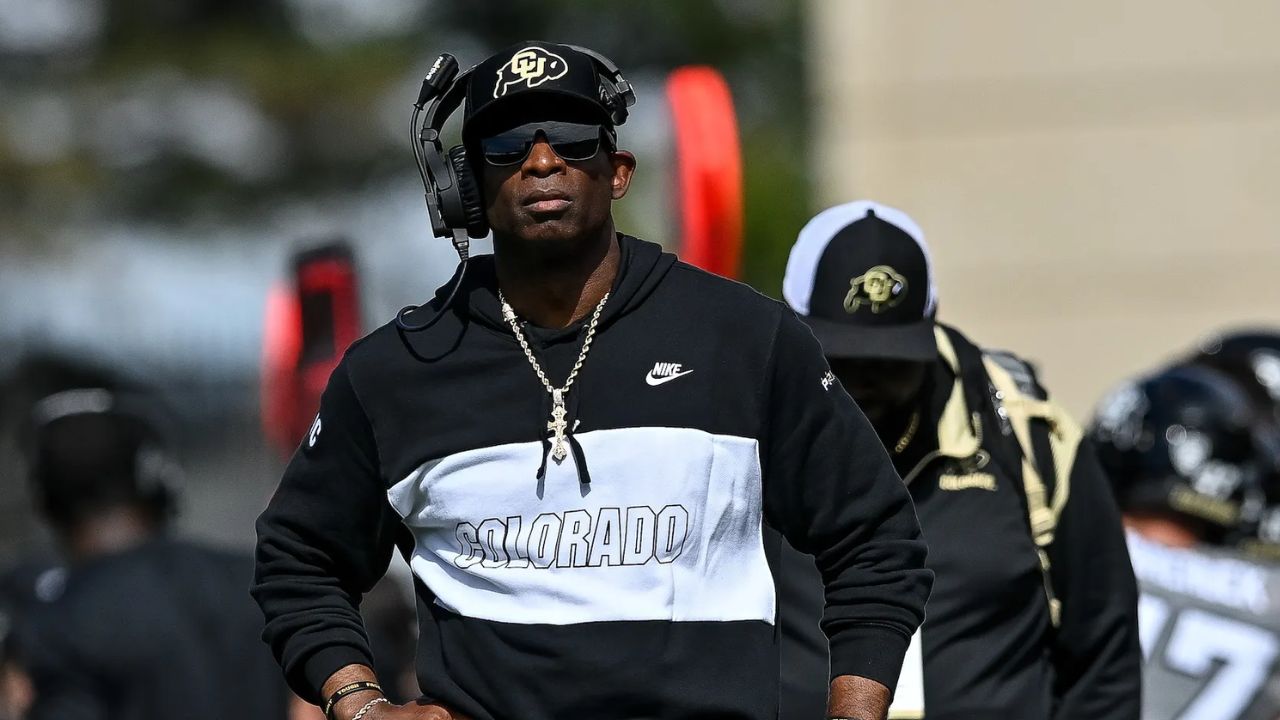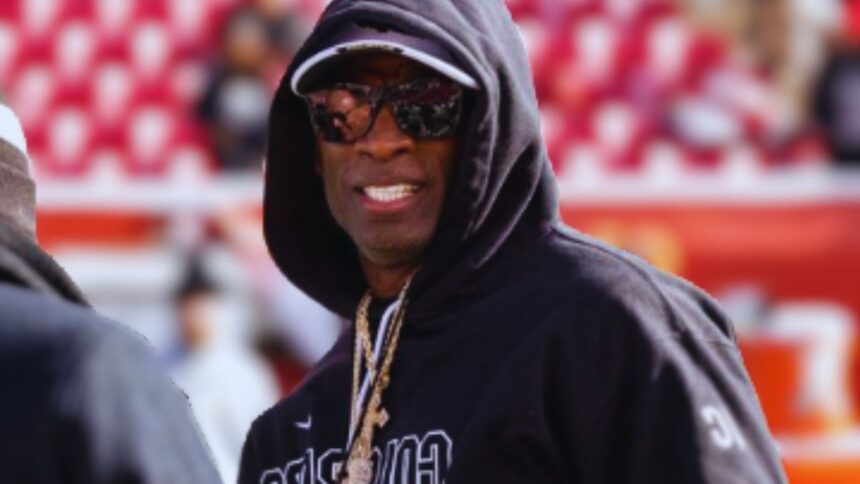Uncle Neely Defends Deion Sanders Amidst Controversy Over Xavier Smith’s Departure
A storm of controversy has long surrounded Deion Sanders, the head coach of the Colorado Buffaloes. The latest uproar centers on Sanders’ alleged mistreatment of Xavier Smith, a former recruit for Colorado in 2022. Smith claimed that Sanders told him to leave the team and enter the transfer portal, which led to accusations of bullying against Coach Prime. However, Uncle Neely, one of Sanders’ closest allies, has come forward to defend him, highlighting what he perceives as hypocrisy in the criticism Sanders faces.
On the May 24th episode of “Thee Pregame Show,” Uncle Neely was invited by host Tolly Carr to discuss various topics related to the Colorado Buffaloes. During the discussion, Neely addressed the backlash Sanders has received over his comments about Smith. Neely pointed out that other coaches, such as Dabo Swinney of the Clemson Tigers, have made similar statements about players and the transfer portal but have not faced the same level of criticism.
Neely expressed his frustration with the double standards in how coaches are treated. He stated, “The issue I have is not what Coach Swinney said, it’s that when other coaches say it, people get mad. When Coach Prime says, ‘Hey, that guy left because he wasn’t good enough for our standard,’ people say, ‘Oh, you can’t speak ill to kids and can’t do that kind of thing.'” Neely emphasized that if a coach fails to meet a university’s expectations, they are often fired without much controversy. However, when Smith was released from the Buffaloes, it sparked significant backlash against Sanders.
Neely’s comments bring to light the broader issue of how coaches are judged differently based on their public personas and past reputations. Sanders, known for his outspoken and flamboyant style, often attracts more scrutiny than his peers. This scrutiny can overshadow the fact that many coaches face similar challenges and make tough decisions about their teams.

Dabo Swinney’s views on the transfer portal provide a stark contrast to Sanders’ approach. Swinney has been vocal about his disdain for the portal, rarely using it for the Clemson Tigers. He believes that “most” players in the transfer portal are not good enough to play for his team. Swinney’s comments highlight a broader debate within college football about the role of the transfer portal and the quality of players who use it.
Swinney’s perspective is that there are only “two” types of players in the transfer portal: those who enter as a formality because “the deal’s already been done” or those who enter “just to see what he can get.” This contrasts sharply with Sanders’ more aggressive use of the portal to build his team, which has resulted in significant player turnover.
The differing approaches of Sanders and Swinney underscore the complexities of managing a college football team in the modern era. Sanders relies heavily on the transfer portal, bringing in new talent but also losing players who do not meet his standards. Swinney, on the other hand, focuses on developing the talent he recruits directly, avoiding the portal as much as possible.
Uncle Neely’s defense of Sanders raises important questions about fairness and consistency in how coaches are judged. While Sanders’ methods may be controversial, they are not unique in the world of college football. The intense scrutiny he faces may be more a reflection of his high profile and outspoken nature than any fundamental difference in his approach compared to other successful coaches.




